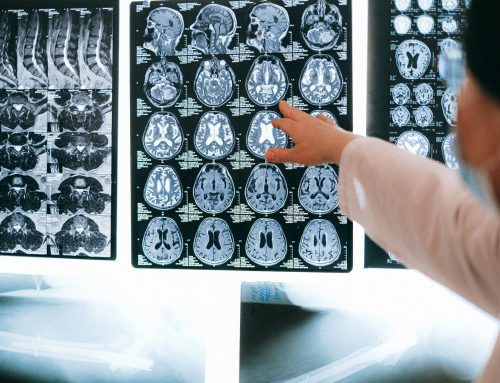Sleep is one of the most critical aspects of our health, and we spend approximately one-third of our lives doing it. This is a time where our bodies heal, and our brain reserves are restored. Sleep is especially important for children and teens, where sleep impacts development, academic functioning, and mental and physical health. Sleep difficulties are not uncommon for young people and should be addressed with their pediatricians.
The American Academy of Pediatrics has put forth recommended sleeping guidelines. Newborns through 12 months should get 12-16 hours of sleep daily, with 11-14 hours recommended for those aged 1 to 2 years old. By age 3, children should sleep about 10-13 hours, which is recommended through age 6. Children in the 6 to 12 age range should sleep approximately 9-12 hours per day. Teens aged 13-18 are recommended to get 8-10 hours per night.
Without sufficient sleep, children and teens are at risk of negative health outcomes, including obesity, diabetes, fatigue, and a depleted immune system. Growth and cardiovascular functioning are also tied to sleep. School problems can also occur, as insufficient sleep impacts attention, concentration, learning, and memory. Irritability, mood swings, and behavioral issues can also result from poor sleep, which can also impact a child’s success in school. These issues can occur after just four nights of reduced sleep, emphasizing the importance of getting quality sleep every night. Sleep is so vital that even an extra half-hour of sleep per night can improve children’s attention and behavior.
Sleep habits change as children grow into adolescence. In particular, sleep cycles shift toward later wake and sleep times, which is why many teenagers prefer to stay up late and sleep in. Teens are also more likely to have irregular sleep patterns, particularly with even later sleep and wake times on the weekend. Having an inconsistent sleep schedule can make it much more difficult to function, with problems in concentration, moodiness, and alertness.
Many have argued that early school start times can interfere with natural sleep cycles and impair students’ learning. In fact, some school districts have had positive outcomes from delaying their start times by an hour or so.






